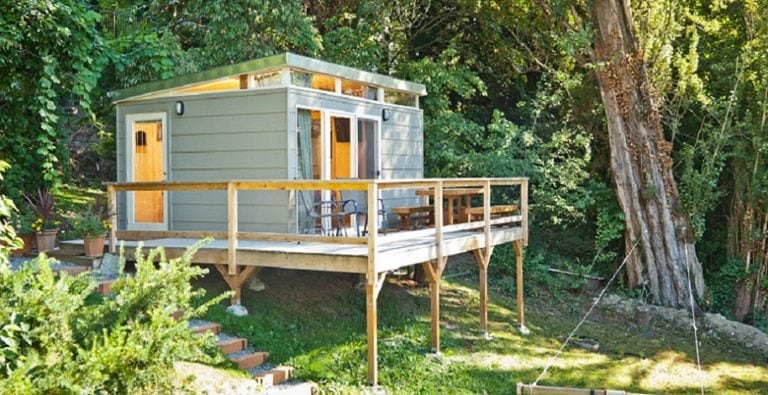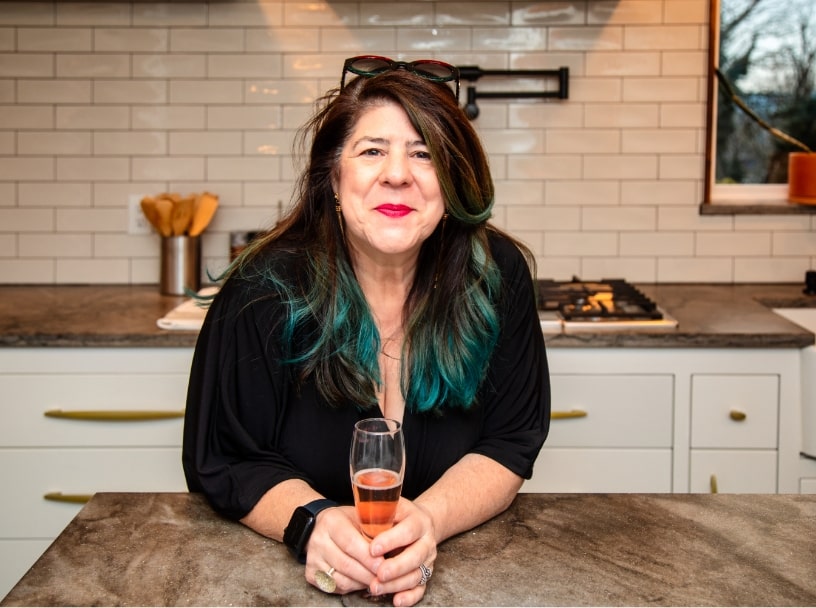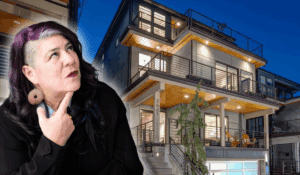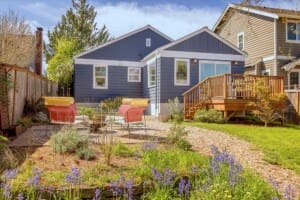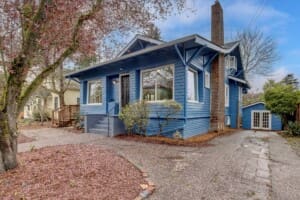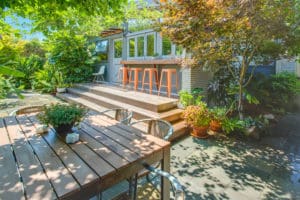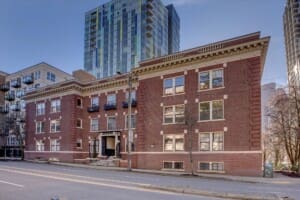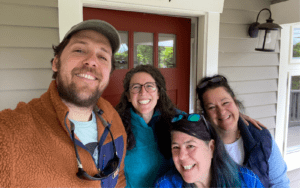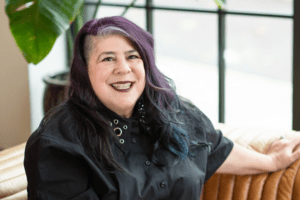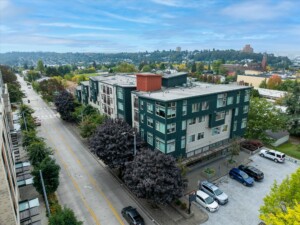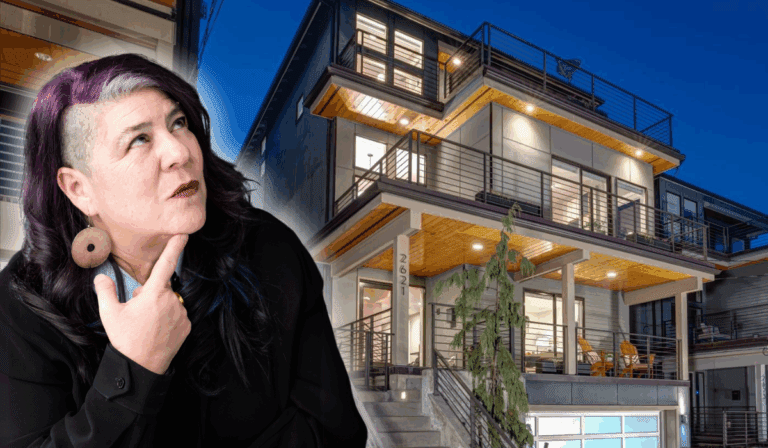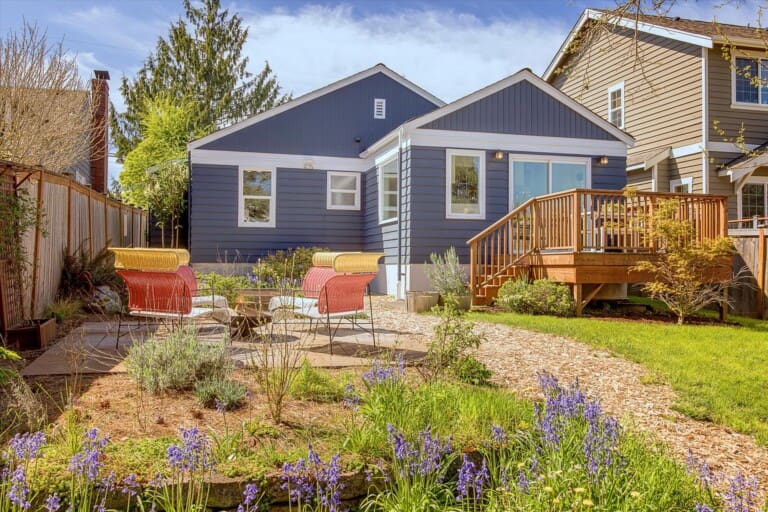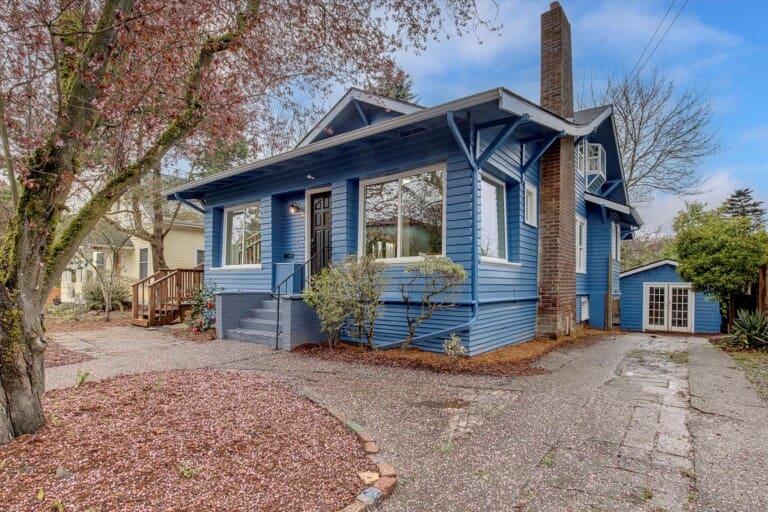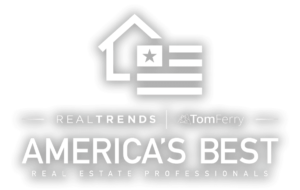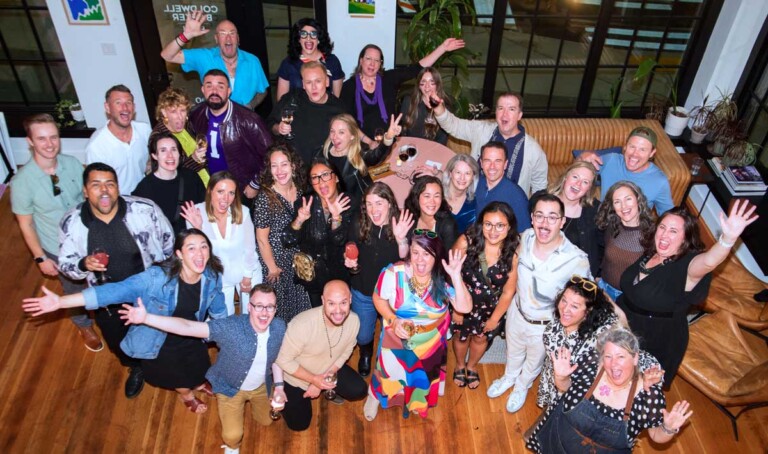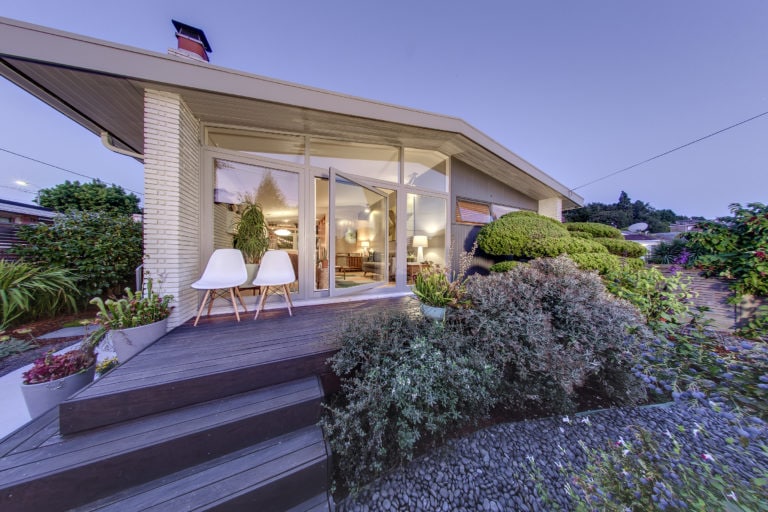A lot of cities on the west coast have been promoting backyard cottages in single family zones—Issaquah, Shoreline, Kirkland, Mercer Island, Clyde Hill, Redmond, and Woodinville to name a few in Washington. We are big fans of such programs. Chavi even gave a lecture at SAF on backyard cottages.
Backyard cottages increase housing stock and diversity within neighborhoods, and they can promote tighter communities. Cottages are a great option for senior family members who want independence, but also want to live closer to their children. Made well, a backyard cottage can also beautify a property. Who doesn’t love all of that?!
Unfortunately, Seattle has made it hard to these and other detached accessory dwelling units (DADUs). We’re hoping City Council will make it easier to build a backyard cottage in Seattle in the future. For now, here are some ins-and-outs to know.
Outbuilding Requirements in Seattle: A Starter Guide
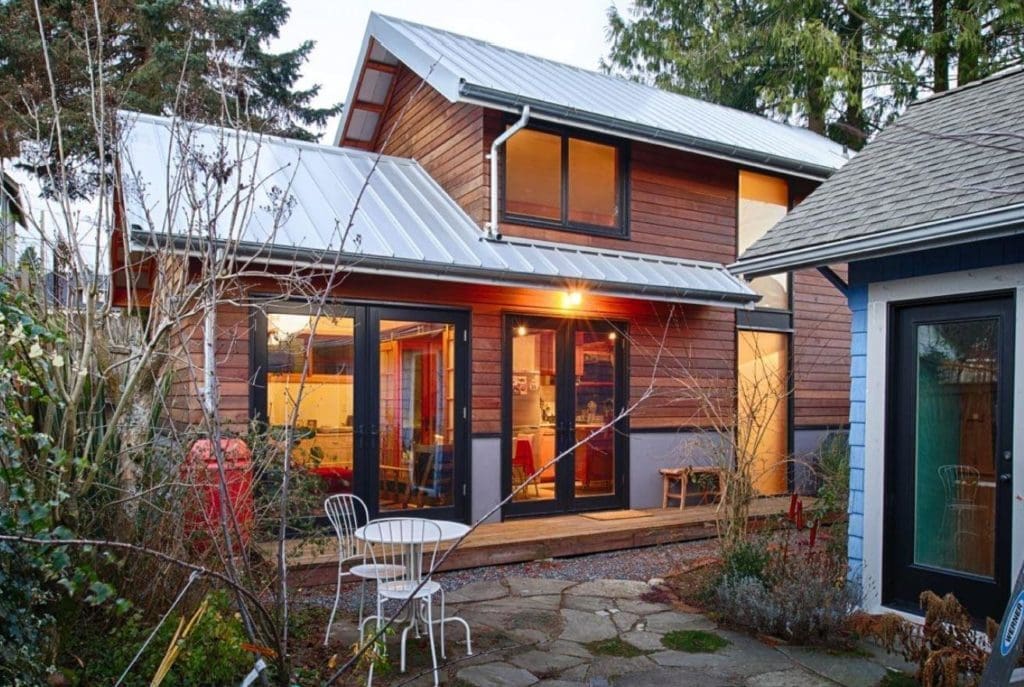
It can be hard to know where to begin when planning a backyard cottage (even with the city’s building guide in front of you). As the name suggests, backyard cottages cannot be built in front yards. They must be set back 5′ from lot lines and other buildings and can cover 40 percent of the rear yard at maximum. You must provide one off-street parking space per DADU in Seattle, unless you live in a low-rise zone. (Parking is the trickiest part for most homeowners.)
The minimum lot dimensions to be eligible to build a backyard cottage in Seattle are:
- 4000 sq.ft. lot size
- 25 ft lot width
- 70 ft. lot depth
The lot width and house height determine how tall your outbuilding can be, but that number ranges from 15′ to 23’—more than enough for most people. Most importantly, DADUs cannot exceed 800 sq.ft. and still be considered backyard cottages.
Permitting For Outbuildings In Seattle: It’s All About Utilities
It’s when you add utilities to an outbuilding that things get complicated. You may not even need a permit if you are adding a shed that is 120 sq.ft. or less, detached from the main house, and not on a permanent foundation. You’ll need construction/alteration permits if the size exceeds 750 sq.ft. or is near an environmentally critical area. (Get more info.)
Permits will depend on structure size and utility access more than anything if your outbuilding is just a workspace, studio or office. You can even add cozy office space above a garage. (If you make a backyard cottage over a garage in Seattle, the garage portion still counts toward the maximum 800 sq.ft. for the total structure.)
As stated above, rules and restrictions vary greatly from town to town. With larger lots often come laxer restrictions, especially in the countryside, but it isn’t the wild west. Always know as much as you can before your build.
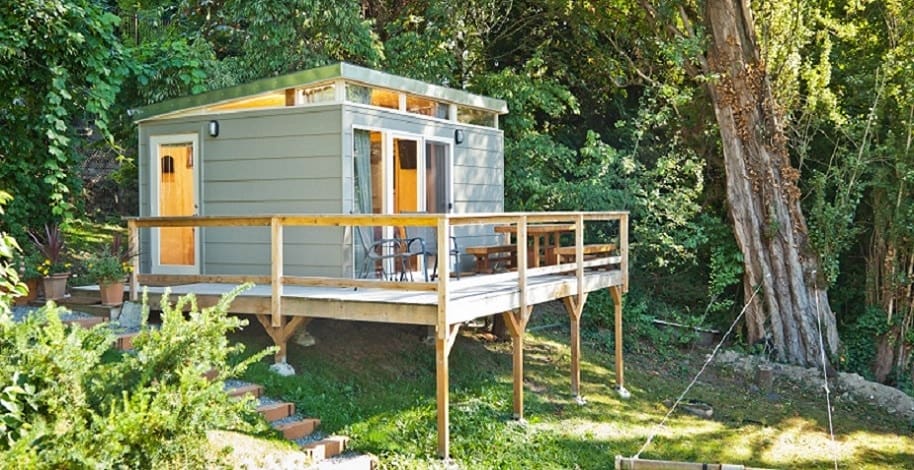
Limitations on Rentals For Homes With Outbuildings
Backyard cottages have been promoted in cities to help counter rising rents. In some cases, they have helped slow the process of teardowns, where single-family-homes are replaced by blocky multi-family buildings. Ironically, part of Seattle’s resistance to backyard cottages has been fears that loopholes would allow for more teardowns.
There is one catch: You cannot rent out a backyard cottage while also renting out the main house. You must live on the property, either in the main home or in the cottage for at least half of the year.
This is common in many cities promoting backyard cottages, and we support it. After all, the idea is to create more opportunities for homeowners and dense communities with character. It is not to create neighborhoods full of rental properties with multiple renters.
A Final Note: Non-Residential DADUs
Often, there are separate regulations for outbuildings that will be used as dwellings. For example, in Seattle this includes the parking requirement and separate sewer line.
Outbuildings without a residential component are always easier. See this video for an example of a great home office space here in Seattle, built by Modern Shed (which specializes in pre-fab DADUs). Structures like this that add functional space rather than density are also ways of upgrading a home, and giving it a unique touch perfect for your lifestyle.
As we say in our blog post about really cool outbuildings on large properties: Outbuildings are about lifestyle.
“Ideally, outbuildings will always add value to a home, but it’s more than dollars and cents…Whether they are there to generate revenue, create community, or facilitate specific activities, outbuildings ought to match personal goals in ways that may be even more specific than one’s main house.”
Read that full post to dream big about outbuildings beyond backyard cottages and urban environments.
